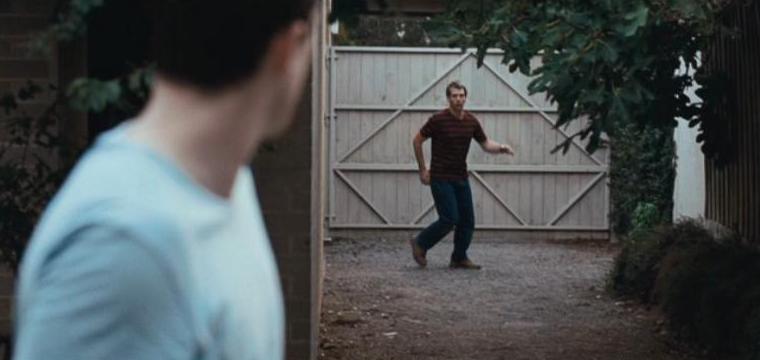
 |
| Photo © 2010 Porchlight Films/Sony Pictures Classics |
| VOR: | (3) (What is this?) |
| Academy Award Nominations: | |
| Best Supporting Actress: Jacki Weaver | |
| Golden Globe Nominations: | |
| Best Supporting Actress: Jacki Weaver | |
| Other Awards: | |
| Sundance Film Festival: Grand Jury Prize (World Cinema, Dramatic) | |
| New York Film Critics Circle: Best First Film | |
| Los Angeles Film Critics Association: Best Supporting Actress (Weaver) | |
| National Board of Review: Best Supporting Actress (Weaver) | |
| Satellite Awards: Best Supporting Actress (Weaver) | |
| Permalink | Home | 2010 | ABC | Blog |